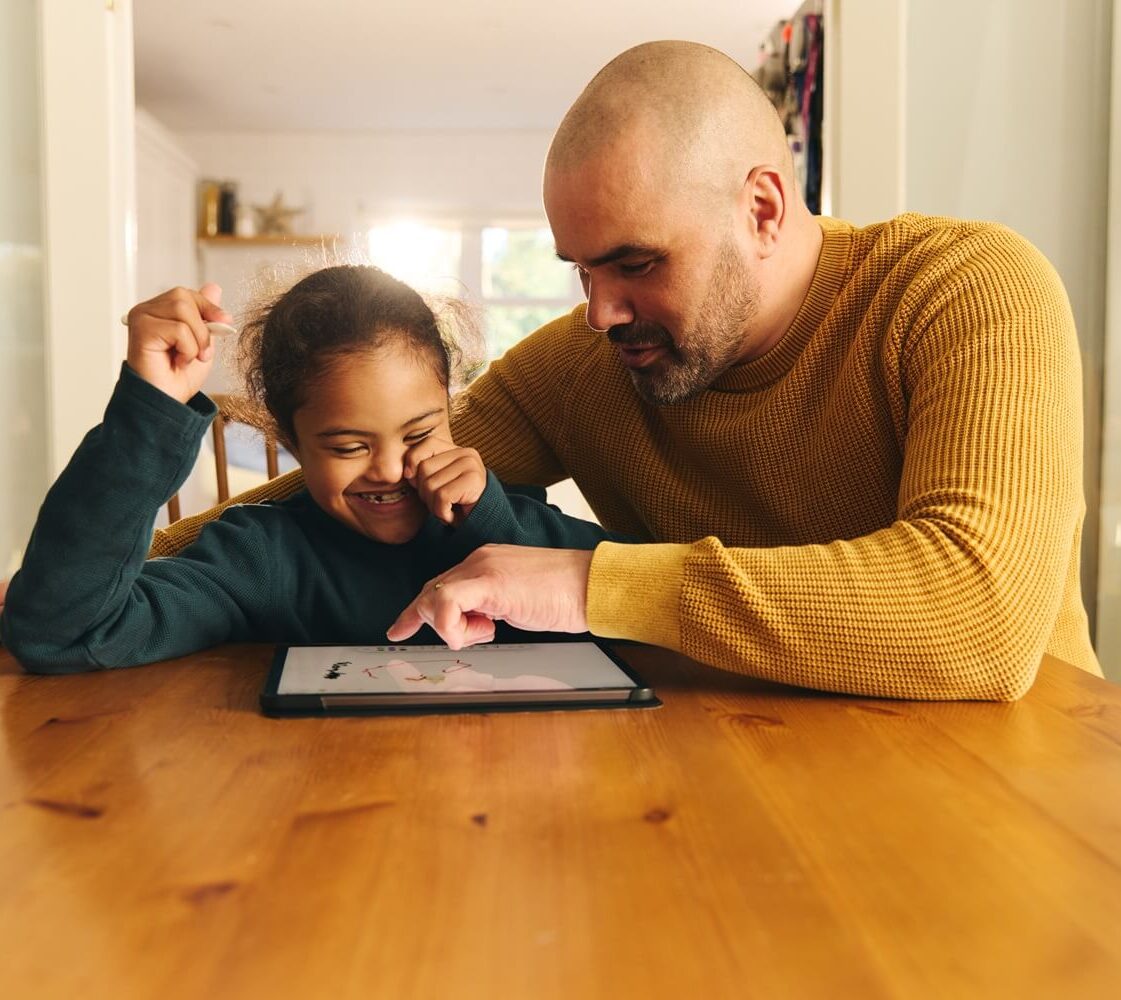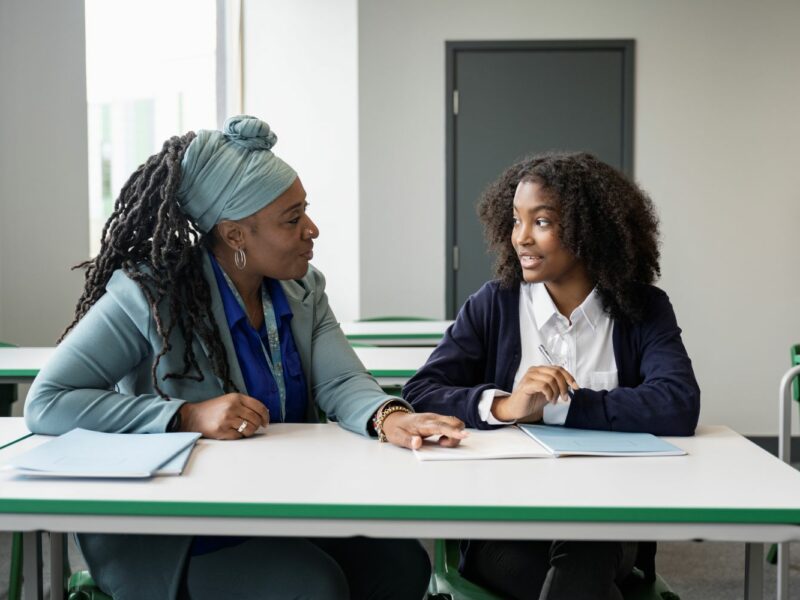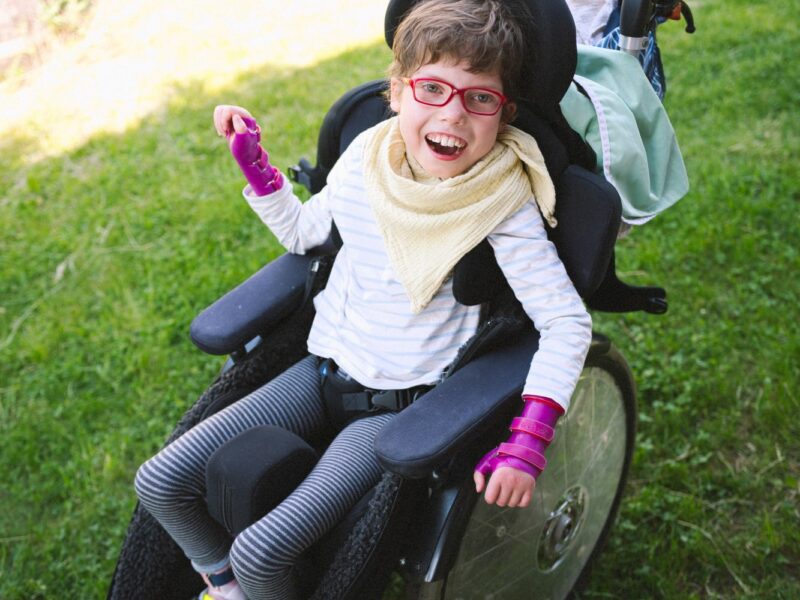EHCP annual reviews
What is an annual review?
The local authority (LA) must review your child or young person’s Education, Health and Care Plan (EHCP) at least once a year. This is to look at how your child or young person is progressing and to ensure the plan is kept up to date.
The annual review is a formal process that must follow certain legal requirements and includes a meeting but this is not the only part of the process. The LA is responsible for carrying out annual reviews and in most cases the LA will ask the child or young person’s educational setting to organise the review meeting.
The review must be person centered to allow the child or young person to work alongside the people who are important to them, and the relevant professionals to plan what support they need now and in the future.
Your child or young person’s first annual review must take place within 12 months of the EHCP being issued. After that, each annual review must happen within 12 months of the previous one.
For children under the age of 5, reviews should happen at least every 3 to 6 months to reflect their rapidly changing needs.
You can read about what happens in preparation for adulthood below.
Special circumstances
Some annual reviews must happen at specific times or include extra planning. These are especially important during transitions or when circumstances change such as phase transfers when your child moves to a new school stage including:
- early years to primary
- primary to secondary
- secondary to post-16 education
The annual review must be completed before 15th February in the year of transfer. This ensures the updated EHCP is ready in time to support the move. For young people moving into post-16 education (i.e. college or sixth form), the deadline is 31st March.
Preparation for adulthood (Year 9 and beyond)
From year 9 onwards every annual review must include planning for adulthood. This includes:
- employment or further education
- independent living
- community participation
- health and wellbeing
This is a legal requirement under the SEND Code of Practice. The review should explore what support is needed to help the young person achieve their long term goals.

Children not in education
If a child or young person with an EHCP is not currently attending school or college, the local authority (LA) is still responsible for carrying out the annual review. This includes those who:
- are being educated at home
- are in hospital or custody
- are between placements
You should contact the LA if a review has not been arranged.
Reviews after aged 18
EHCPs can continue until a young person is 25, but only if they still need education or training support. After 18, the annual review must consider:
- whether the EHCP is still necessary
- whether the outcomes have been achieved
- what support is needed for adult life
The local authority must not end the EHCP just because a young person has turned 18.
Who is involved in the review?
The annual review brings together people who support and know the child or young person best. This can include:
- the child or young person – their views, wishes and feelings should be central
- parents or carers – their insights and experiences are vital
- school/college/nursery – usually the SENCO or a key staff member
- health and social care professionals – if they are involved in providing support
- local authority SEND officer – responsible for reviewing the EHCP
- other people may be invited depending on the child or young person’s needs, such as:
- education psychologist
- therapists (i.e. speech and language, occupational)
- youth workers/job coaches
- advocates or support workers.
Getting ready for the review
The nursery, school or college will:
- ask for updated reports from professionals
- invite parents/carers and child or young person to share views, wishes and feelings
- send out invitations and all documents at least two weeks before the meeting
You can prepare by:
- reviewing the EHCP – the annual review must focus on reviewing outcomes (section E of the EHCP) so you may want to look at these and consider whether these have been met, are on track to be met or whether they are not achievable.
- thinking about what’s going well and what’s not
- share your views and your child or young person’s views
- fill in any forms or paperwork you are given – school might ask for child or young person’s views in drawings, videos or writing.
What happens at the review meeting?
The meeting should:
- review progress towards outcomes within the EHCP
- discuss whether the current support is working
- consider any changes needed to the EHCP
- set new short-term targets and, if needed, new outcomes
- include planning for adulthood from year 9 onwards (i.e. college, training, employment, independent living, community participation)
The review meeting should be person-centered, which means the child or young person and their family are at the heart of the discussion.
Everyone’s views should be heard and recorded – including any differences of opinion.
After the review meeting
The school or setting must write a report within two weeks of the meeting and send it to the local authority and everyone who attended or contributed. The local authority must then:
- review the EHCP
- decide whether to:
- keep the plan the same
- make changes
- stop the plan (only if it is no longer needed)
The LA must inform you of their decision within 4 weeks of the meeting.
Remember: If the local authority has not followed all of these steps then the annual review is not complete. Keep a record of dates and emails in case you need to follow up.



